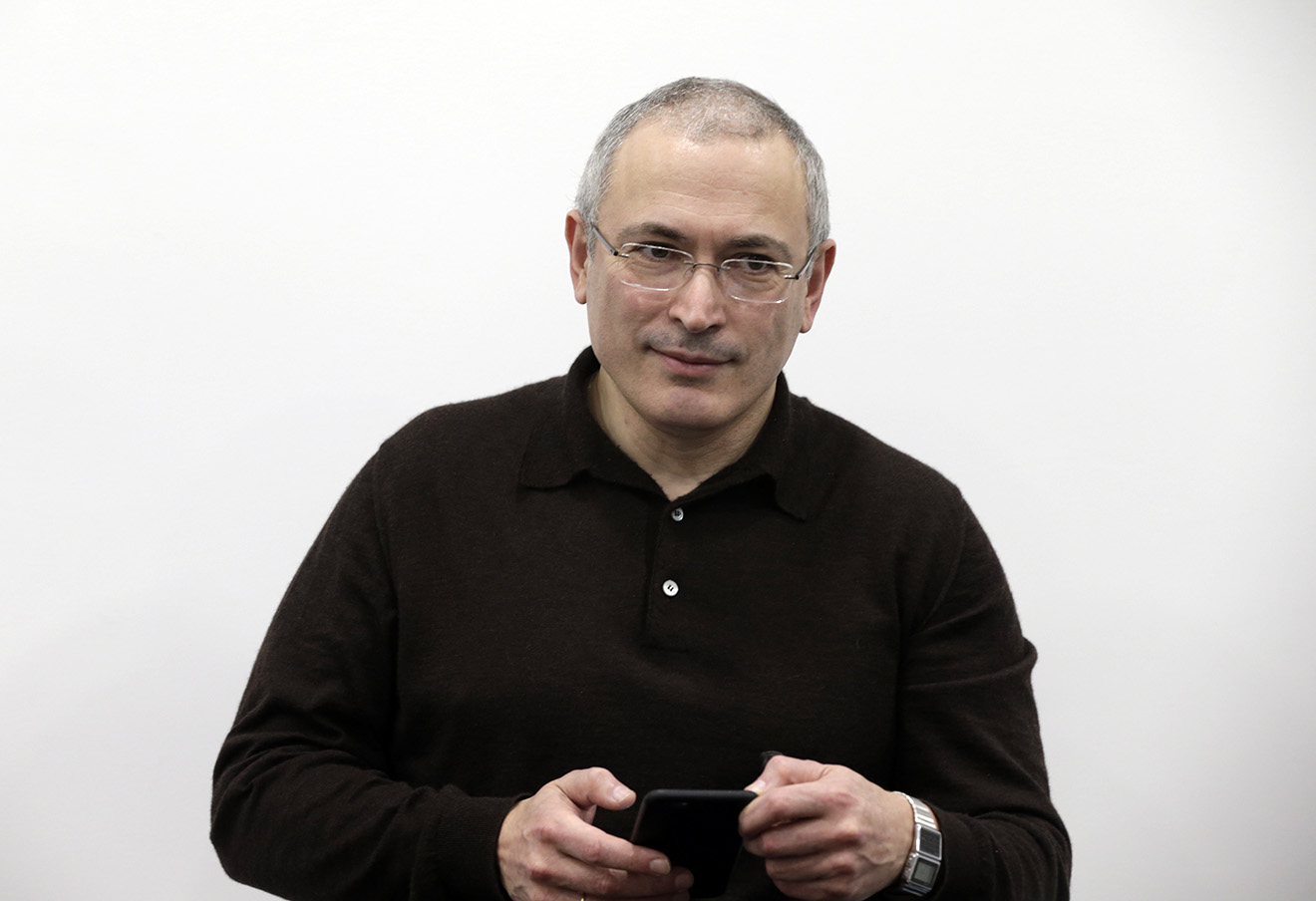The results of our strategy of non-violent protest
Mikhail Khodorkovsky on the registration of Maria Baronova as a candidate in the State Duma election.

Mikhail Khodorkovsky
On 13 August, Maria Baronova was registered as a candidate in the State Duma election.
This has been achieved by many months of hard work, by Maria herself, her team, the team of the Open Elections project and hundreds of campaign workers who have been collecting signatures.
One might think that in a constituency with 500,000 voters, collecting 15,000 signatures should not be too difficult. But we should not forget the candidate’s (initially) low recognition level, her clearly defined stance as an opponent of the regime, the fact that she is a candidate representing Khodorkovsky (fashioned by the propaganda machine into the enemy of anything that breathes), that it’s summer time and, lastly, Muscovites’ age-old fear of giving out their personal information to anyone they don’t know.
So the activists have had to go round most of the houses and flats in the constituency. And it’s not just a question of getting the signatures, but the complicated and, in many ways, contrived ritual for recording them.
If the Electoral Commission had been told to not accept the signatures, it would have played out as it did with the candidates for the election to St Petersburg’s Legislative Assembly, see here. But there would have been a colossal row, as tens of thousands of people in the very centre of Moscow REALLY had signed up for the candidate (actually more than 20,000, but not all of them got into the final document because they were incorrectly recorded).
We know what instructions the Presidential Administration gave the governors (it’s difficult to conceal something that has been sent to dozens of people). “No scandals, nothing that would render the elections unlawful – at the very least in the big cities.”
So the Open Elections project has already managed to achieve registration for 19 of its 24 candidates.
Putin has certainly not become a democrat. This is a deferred reaction to the 2011/12 protests, the result of a desire to avoid additional complications in relations with the West. Thus we are looking at the results of our strategy of non-violent protest. A small result, for which quite a few people have paid the price in terms of imprisonment. This is not yet a battle for power, nor any readiness on the part of Putin and the whole of the current elite to run fair and free elections and accept their results – it is merely a small tactical concession.
But even this gives us the chance to prepare ourselves for further steps: to offer society an alternative, in terms of both personnel and ideas, to give people a chance to engage in practical politics and a taste of success. Does the government understand this? Of course it does! It doesn’t have much wiggle room: either it has slowly to retreat under the pressure of non-violent protest, or it will have to instigate a crack-down, which will mean underground opposition, multiple casualties on both sides and the inevitable explosion.
The authoritarian regime will eventually fall because all such regimes do. But the longer it leads the country into a dead end, the longer and harder will it be for all of us to return from there, and the greater will be the cost for us and for our children.
On 18 September, each and everyone of you will have the chance, at no personal risk, to take a small step, which will help to bring about change and to show the government that people are not dumb animals. If one wants to govern, then one must ensure a decent life for everyone. If they can’t do this, then they should go.
The task we set ourselves for this stage has been accomplished.
Now it’s forward to the elections, my friends!



